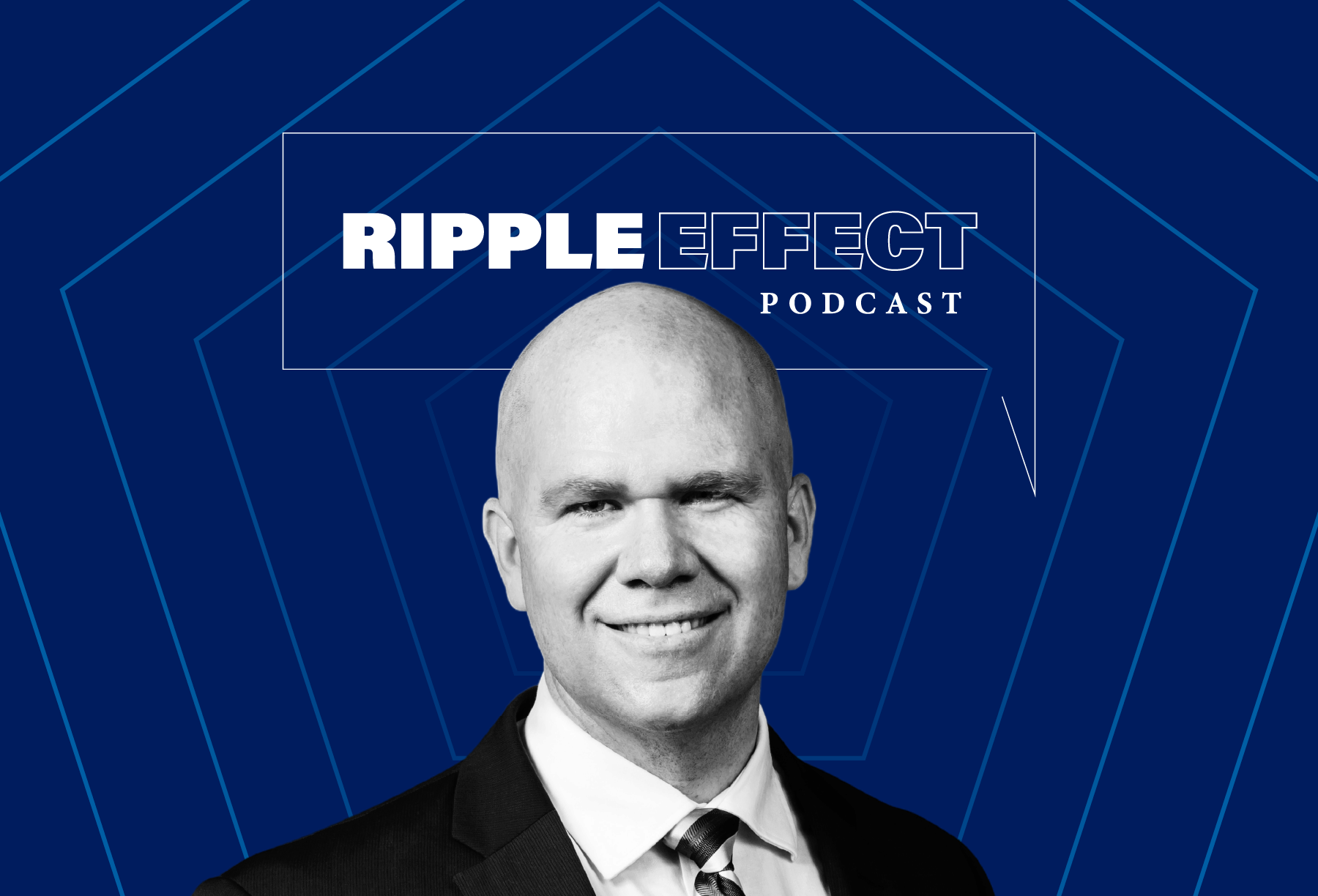In the ever-changing landscape of financial services, the role of the financial advisor is undergoing a significant transformation. The days when financial advisors were seen as mere generalists have given way to a new era of specialization and personalized service. This shift is driven by evolving client expectations and the necessity for advisors to differentiate themselves in a competitive and technologically advanced market.
Evolution of Financial Advisory Services
The financial advisory industry has historically been characterized by a focus on transactions and investment advice. However, the rise of fee-based advisory services and client demands for transparency have prompted a more holistic approach. Modern advisors are now expected to be trusted partners who guide clients through every stage of life, from wealth accumulation to estate strategies. This shift requires a combination of technical expertise and emotional intelligence.
Specialization: A Strategic Advantage
In a world where clients have access to low-cost investment platforms and robo-advisors, human advisors must offer something more. Specialization in client segments with distinct needs is one of the most effective strategies. Advisors who focus on high-net-worth individuals, women as wealth decision-makers, athletes, and entertainers, or the next generation of investors can provide tailored services that are difficult to replicate with technology alone.
High-Net-Worth Individuals
High-net-worth individuals often have complex financial portfolios that include illiquid assets such as real estate and private equity. Advisors working with this segment must deliver customized strategies that encompass estate planning, tax efficiency, and charitable giving. Offering a family office experience that integrates financial, legal, and generational planning is key to building long-term relationships with these clients.
Women as Wealth Decision-Makers
Women are rapidly becoming a dominant force in wealth management, expected to control $30 trillion in financial assets by 2030 in the U.S. alone. Advisors specializing in this segment understand that women’s financial goals often revolve around security, legacy, and values-based investing. By focusing on education, long-term planning, and life transitions, advisors can better serve female investors’ unique needs.
Athletes and Entertainers
High-earning individuals in sports and entertainment face financial challenges such as irregular income and short career spans. Advisors in this niche must have a deep understanding of contract structures and the complexities of managing wealth alongside fame. A team-based approach that includes legal, tax, and brand management services is essential for serving these clients effectively.
The Next Generation of Investors
Millennials and Gen Z are set to inherit significant wealth and have different financial values compared to previous generations. They prioritize technology, social responsibility, and financial education. Advisors targeting this group must embrace digital tools and sustainable investing strategies while acting as educators to guide them through early financial milestones.
The Future of Financial Advisory
The future of financial advisory lies in personalization and specialization. While technology will handle routine tasks, the human touch informed by a deep understanding of a client’s identity and values will remain irreplaceable. Advisors who embrace specialization not only stand out but also build stronger, more meaningful relationships with their clients.
Note: This article is inspired by content from https://www.forbes.com/sites/forbes-shook/2025/05/18/the-evolution-of-financial-advisors-from-generalists-to-specialized-strategists/. It has been rephrased for originality. Images are credited to the original source.







